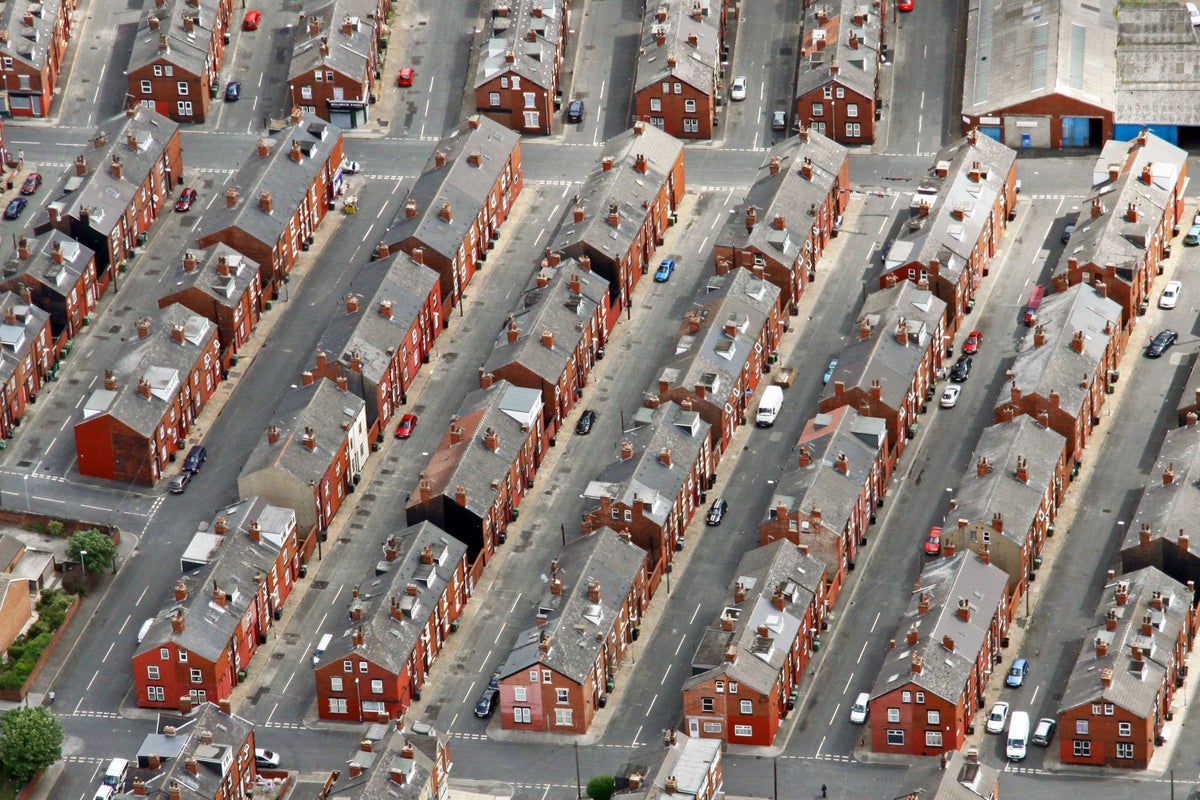
Black families facing homelessness were less than half as likely to get access to social housing in England as white families in similar circumstances, according to research said to show “fresh evidence of racism in our housing and support systems”.
While almost a quarter (24%) of white families in the statutory homelessness system ended up in social housing, this was true of only around one in 10 (10%) black families, the three-year research project concluded.
Academics from Heriot-Watt University’s Institute for Social Policy, Housing, Equalities Research, said their findings showed that black people “face dramatically worse outcomes” when it comes to housing support.
Researchers analysed 750,000 household records of official English statutory homelessness data, covering 2019/20, 2020/21, and 2021/22 and said their study is the most comprehensive of its kind.
They found that only around 11-12% of most other minority ethnic groups gained access to social housing in the system at this time.
As well as data analysis for social housing, researchers carried out focus groups with people who had direct experience of homelessness who also told of experiences with private landlords.
They heard evidence of people from black and other minority ethnic groups feeling they had to change their names or accents and in some cases even cut their hair to try to avoid discrimination.
The report said: “Strikingly, there was evidence of minoritised people feeling compelled to disguise their ethnic identity and migration status in an attempt to gain fair access to employment, housing and public services.
“This included changing, or hiding, their name, nationality, accent and even aspects of their appearance such as their hair.
“There seemed to be a particular imperative for people to disguise their status as refugees, reflecting the additional and specific forms of discrimination and disadvantage that they faced.”
Other findings from the data analysis reveal “systematic disadvantage throughout the homelessness process”, researchers said.
These included that black families were six times more likely to live in overcrowded conditions than white households, Pakistani and Bangladeshi households faced the highest overcrowding rates at over seven times the white average and 41% of black families left the statutory system to unknown destinations, compared to 28% for white families.
Lead report author, Professor Suzanne Fitzpatrick, said: “The evidence is stark: black people are almost four times more likely to become homeless, and when they do access the statutory system, they face dramatically worse outcomes.
“We have quantitative evidence that their outcomes are worryingly poor, and qualitative evidence that they face racial discrimination. This is a system that’s supposed to help people in crisis, yet we’re hearing accounts of callous, uncaring and unresponsive services.
“This evidence, the most comprehensive study of its type, reveals ethnic disparities in the risks, experiences and outcomes associated with homelessness in contemporary England.
“This demands an urgent and wide-ranging response. We’re talking not only about poor housing outcomes here, but also in some cases about people feeling forced to deny their own identity to access basic services.”
The report’s recommendations include calls to tackle racial inequalities through the upcoming cross-government strategy on homelessness; invest in the professionalisation, training and support of housing and homelessness officers; tackle racism among private landlords; and a rejection of what they call “ethnicity-blind” approaches as well as ensuring there is “robust” monitoring data to identify and address racist assumptions and discriminatory practices.
Matt Downie, chief executive of homelessness charity Crisis described the research as “groundbreaking” and said it “provides fresh evidence of racism in our housing and support systems”.
“The findings are deeply concerning and must act as a wake up call. No-one should be denied a safe and stable home, and we all have a part to play in ending homelessness for everyone.
“Through their upcoming homelessness strategy, the UK Government must take the chance to root out racial discrimination and prejudice in our housing and homelessness systems by adopting the recommendations in this report.”
The Local Government Association, which represents local authorities, declined to comment.
A Ministry of Housing, Communities and Local Government spokesperson said: “Racism in our housing system is illegal, and we urge anyone who has suffered from discrimination to report it so it can be investigated and we can put an end to this disgraceful behaviour.
“We are also taking urgent action to fix the housing crisis we inherited so people do not need to access these services in the first place, including providing £1 billion for crucial homelessness services this year.”
Hosepipe ban begins in Yorkshire as summer’s third heatwave grips country
June heat and thunderstorms spell tough month for high street
Officers who confronted Southport killer recognised with bravery awards
TV doctor and IVF pioneer Robert Winston quits BMA over ‘damaging’ strikes
1,755 arrests made in first two years of non-fatal strangulation offence becoming law
Hero officers who confronted Southport killer honoured for bravery







